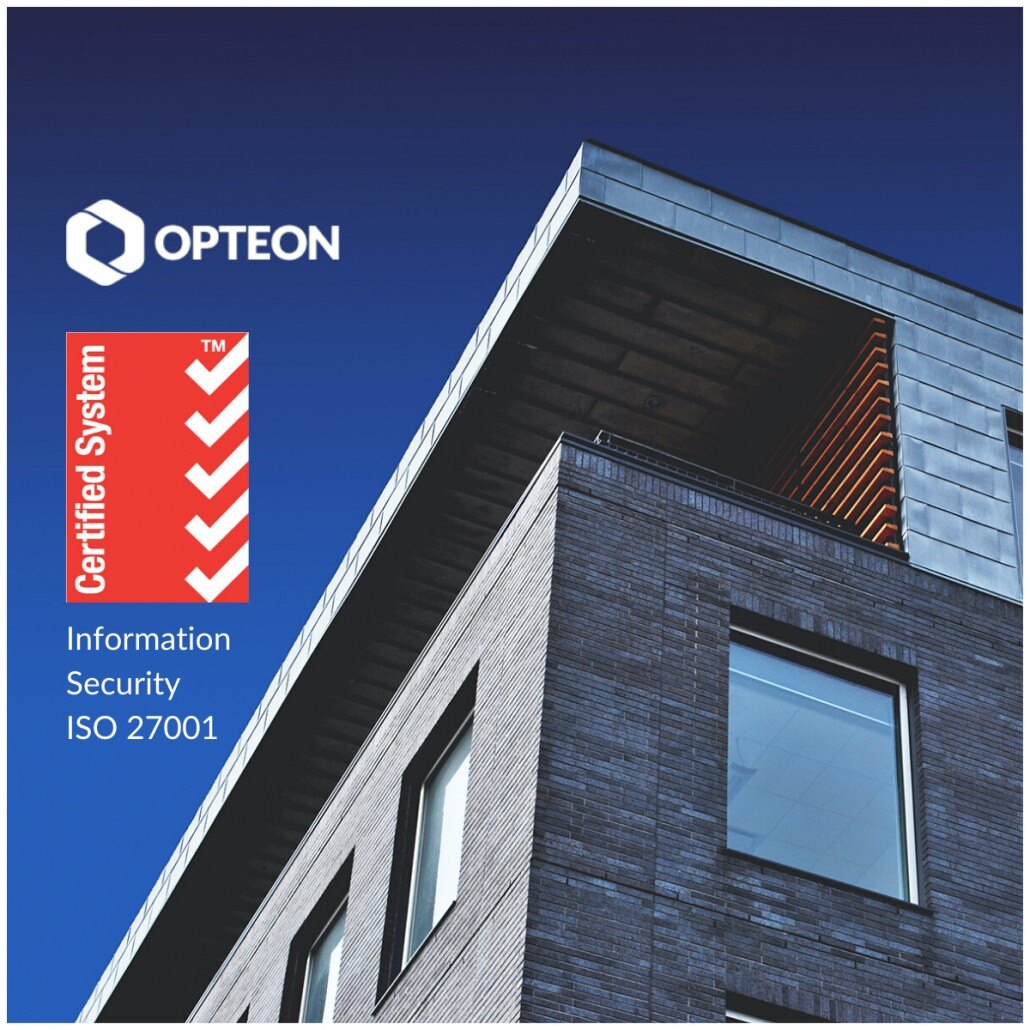The Top 11 Questions Our Valuers Get Asked Out in the Field
Blog

About to get your property valued?
You probably have a few questions for the valuer that’s about to knock on your door. We asked Opteon Auckland valuer Mark Davidson, about the most frequently asked questions he gets when conducting a valuation.

Mark Davidson
What qualifications do you need to be a valuer?
All valuers must complete an approved university degree, for example, I completed a Bachelor of Property at Auckland University. Others are Bachelor of Business at Massey, Bachelor of Land and Property Management at Lincoln. In addition to formal qualifications, you need a period of practical experience. To become a Registered Property Valuer, you need a minimum of 3-years full-time experience.
Where are you based?
We have offices in Auckland, Tauranga, Whangarei, Hamilton and Queenstown. Many Opteon valuers live in the areas they value in. This means we can get a real locals’ feel for the areas we’re valuing.
What is the difference between a valuation from an online tool vs a registered valuation?
The online tools use computer algorithms to calculate the value. There is no human input for each individual assessment. The algorithms look at sales of “similar” properties in the area. They don’t consider construction materials, visual appeal, condition of fit out, landscaping, views, layout, architectural appeal and other subjective aspects into account.
A registered valuation requires a qualified valuer inspect the property physically and includes those items not captured by a computer algorithm.
What impact does plaster cladding have on my property?
It depends on several factors such as the type of cladding, how well it has been maintained and the era the dwelling was constructed. There is often market resistance with plaster clad dwellings, so the end value may be lower than other similar dwelling built with more traditional materials such as brick and weatherboard. We assess on a case by case basis.
Why is the registered valuation different to my ratings valuation (CV also known as GV)?
Similar to online valuation tools, ratings valuations are generally computer-based, although often they can have some form of human input. They are an approximate value used to issue rates only, not designed to be a current market valuation at all.
What happens to the photos taken during inspections?
We use the photos in our report only. They’re solely for demonstrating that a full comprehensive inspection has happened, and to confirm the features of the property.
What information do you collect during an inspection?
We’re gathering everything we need to provide an accurate valuation. Things like size and number of bedrooms and living areas, the year the property was built, and whether there’s been an extension or renovation. We’re also looking at the external surroundings, access and any other details that can affect the value.
How do you determine the market value of a property?
For a standard residential property valuation, we use two main methods, direct comparison and summation. Direct comparison involves looking at the most recent and comparable sales, making adjustments based on the features of the subject property. Summation is the process of adopting a rate per square metre for both the land and improvements, and this is used as a check method for direct comparisons
Why can’t you tell me the estimated value during an inspection?
We collect a lot of information when we conduct a valuation, that then needs to be assessed in conjunction with other market information, like similar local sales information and upcoming development in the area for example. We need to head back to our desks and build a complete report. Also, as valuers the instructing party and our client in most cases, is the lender. We have a responsibility to the lender to only disclose the information to them. It’s then at the lenders discretion to pass on any information supplied by the valuer.
I’m putting in a new kitchen/bathroom, can you include it?
There are two main basis of valuation, you can conduct a valuation on an “as is” or “as if complete” basis. In most cases we have been instructed on an “as is” basis, so we value the property as we see it during the inspection and cannot include incomplete works or planned renovations.
Do you determine the market value or is it all done by a computer?
A valuer assesses the market value of the property, using the information we’ve collected at the inspection and through online market research. The final figure is determined by combining that research with the knowledge of the valuer based on the most relevant market evidence available and is not a computer-generated figure.








